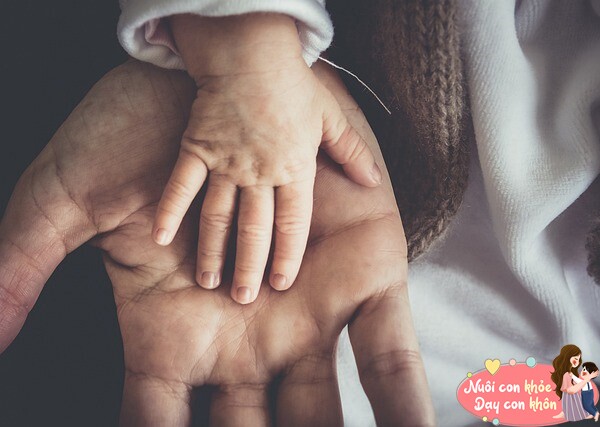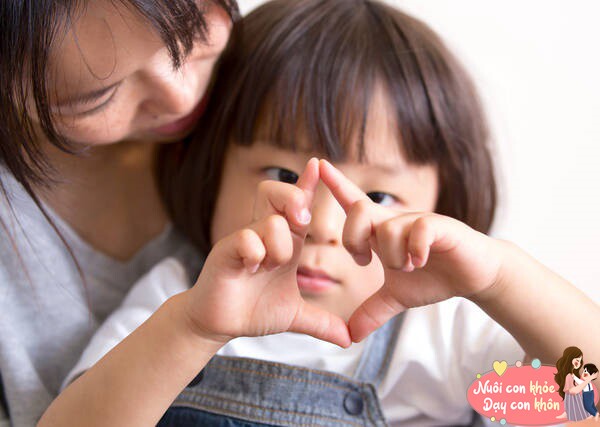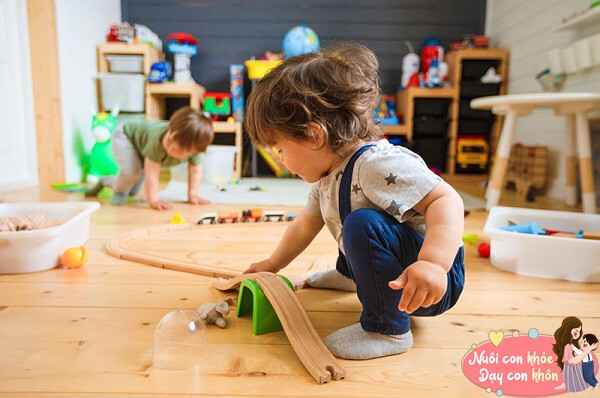But the future is far away, and can we travel through time and space to watch the children’s performance many years later? In fact, there is a scientifically proven way to ‘predict’ the future of children, which is to observe their hands.


The Ring Finger’s Secret: The Physiological Code of Competitiveness
Spread the child’s hand, look at the ring finger and compare it to the index finger. How much longer is it?
Observing the length of the ring finger can indicate a person’s competitiveness. This is not baseless but is related to the level of testosterone in the body.
Testosterone is the hormone that drives people to be excited and competitive. During fetal development, androgens and estrogens work together to influence the physiological characteristics of the child. The stronger the body’s androgen secretion, the greater the growth advantage of the ring finger.
Compared to estrogen, androgen represents more characteristics such as perseverance, dynamism, and positive thinking. So, children with longer ring fingers tend to be more curious, have a stronger thirst for knowledge, and are more likely to perform well academically.

Many interesting things can be revealed through hand analysis.
The length of the ring finger is also related to the child’s thinking style. Children with longer ring fingers will use their right brain more for thinking and problem-solving. Children with shorter ring fingers tend to use their left brain more, leading to more emotional, empathetic, creative, and communicative thinking.
This difference is particularly evident in children’s learning. Those with stronger logical thinking tend to perform better in scientific subjects, while those with stronger cognitive thinking may be more suited to the arts.
Research from the University of Cambridge also found that traders with longer ring fingers had six times the profits of those with shorter ring fingers.
Additionally, researchers at the University of Bath indicated that children with longer ring fingers would excel in scientific fields such as mathematics and physics. This is the magical secret of the ring finger.

Palmistry and Potential: Science or Superstition?
Even after explanation, many people may still be skeptical about the reliability of this method. The answer is yes; it is reliable.
Related studies show that physiological factors account for 40%-60% of the influence on competitiveness, which is significant enough to warrant our attention.
Children often have a strong sense of competition and a daring mindset. They are eager to explore and strive to surpass others in all aspects. This mentality drives them to work hard and make progress continuously.
When they start school, many children become focused and serious about their studies and continuously challenge themselves to improve. In life, they will positively face difficulties and challenges, constantly seeking breakthroughs and growth.

Parents should provide proper guidance and support to ensure their children grow up healthy and happy.
Children with a competitive spirit tend to perform better in the future. This does not guarantee success but indicates a positive attitude and the motivation to pursue excellence.
However, parents should also provide appropriate guidance and support to ensure their children grow up healthy and develop their talents in the right direction.
Another study from the UK showed that people with longer ring fingers had better cognitive abilities, spatial visualization skills, resilience, determination, confidence, and optimism.

Nurturing a Competitive Spirit: The Power of Receptive Education
Although there is a correlation between ring finger length and intelligence, ultimately, a child’s intellectual development is a complex process influenced by multiple factors. Parents should not underestimate the importance of education.
Through proper education and training, parents can also enhance their children’s aspirations and direct their competitiveness in a positive direction.
Set Clear Goals and Rewards
Set specific and measurable goals for your children, such as improving academic performance or excelling in sports. At the same time, establish a reasonable reward system and offer appropriate incentives when they achieve their goals. This will enhance their sense of achievement, motivation, and competitiveness.
However, be mindful that rewards should not be overly materialistic but should focus more on spiritual affirmations, such as praise and recognition.
Foster a Competitive Spirit and Teamwork
Allow your children to experience the pressure of competition and the joy of teamwork by participating in contests or various team activities. Through competition, they will learn to face challenges, overcome obstacles, and discover their strengths and weaknesses.
Teamwork can teach them the value of supporting one another and mutual progress through cooperation. As a result, their competitiveness will be enhanced naturally.

Set clear goals and establish a system of rewards to encourage a competitive spirit.
Provide Diverse Learning Opportunities
Encourage your children to explore different academic fields and hobbies, and provide diverse learning resources and opportunities. This will broaden their horizons, allowing them to discover their true passions and pursue excellence in their chosen field.
Additionally, diverse learning experiences will enhance their adaptability and innovative thinking, instilling confidence and courage to face future challenges.
Combine Positive Guidance with Teaching Resilience
When your children make progress or achieve success, provide timely positive feedback and encouragement to help them feel the joy of accomplishment and the sense of achievement.
At the same time, it is essential to expose them to appropriate failures and teach them to view wins and losses with the right perspective. Help them understand that failure is the mother of success and cultivate perseverance.
On the journey of parenting, many parents wish to find shortcuts to help their children succeed. However, it is essential to understand that finger length is just the tip of the iceberg regarding a child’s intellectual development. What truly determines their future is hard work, perseverance, and a relentless desire to learn.
Finger length may predict intelligence, personality, or a small part of one’s future. Still, what matters most is the thoughtful companionship and proper guidance of parents.






































